ADOPTED
By the Pedagogical Council
on ___________ (date)
No. _______
APPROVED
Director of the Educational Institution S.A. Baranova
Order No. ___________ (date)
REGULATION
on the Pedagogical Council
of MBOU Secondary School No. 2, Makaryevo
GENERAL PROVISIONS
The Regulation on the Pedagogical Council (hereinafter referred to as the "Regulation") is developed in accordance with parts 4 and 5 of Article 26 of Federal Law No. 273-FZ dated 29.12.2012 "On Education in the Russian Federation."
This Regulation is a local normative act of the Municipal Budgetary Educational Institution Secondary School No. 2 of the Makaryev Municipal District, Kostroma Region.
The Pedagogical Council is a collective management body of the School, created and operating in accordance with the School's Charter and this Regulation.
The Pedagogical Council consists of: the School Director, his deputies, heads of structural subdivisions, as well as teaching staff who are in labor relations with the School (including those working part-time and on an hourly basis).
The Pedagogical Council meetings are attended by members of the Pedagogical Council not engaged in work with students at the time.
Non-members of the Pedagogical Council, including School staff, citizens working under civil-law contracts with the School, students, and parents (legal representatives) of students, may attend the meetings, with the consent of the Pedagogical Council.
Participation in the work of the Pedagogical Council is mandatory for all teaching staff of the School.
The Pedagogical Council elects a secretary from among its members for a term of three years. The secretary is responsible for keeping the minutes of the meetings, reflecting decisions on the main agenda items.
TASKS AND FUNCTIONS OF THE PEDAGOGICAL COUNCIL
The main tasks of the Pedagogical Council are:
-
Implementation of state policy in the field of education;
-
Orientation of the teaching staff's activities towards improving the quality of educational work, including educational and upbringing work with students;
-
Introduction of scientific achievements in pedagogy and advanced pedagogical practices into the practical activities of teachers;
-
Discussion and selection of educational content, forms, and methods of implementing educational programs;
-
Organization of experimental and innovative activities.
The Pedagogical Council performs the following functions:
-
Participates in the development of the School’s development program;
-
Develops and approves educational programs implemented by the School;
-
Approves working programs of academic subjects and extracurricular courses;
-
Develops and approves local regulatory acts of the School;
-
Discusses and approves the annual academic calendar schedule;
-
Considers questions related to providing additional social support to students as prescribed by current legislation;
-
Listens to reports and presentations from teaching staff and representatives of organizations and institutions interacting with the School;
-
Organizes work to improve the qualifications of teaching staff and foster their creative initiatives;
-
Decides on the organization of interim certification for students in the current academic year and makes decisions on student promotion, or in agreement with parents (legal representatives), decisions on repeating the year or continuing education in the form of homeschooling;
-
Conducts current monitoring of student performance, intermediate, and final certification of students;
-
Decides on the admission of students to state final certification and the organization of various forms of final certification for graduates;
-
Decides on the issuance of education documents to students who have completed the relevant educational program;
-
Decides on awarding graduates with the "For Special Achievements in Learning" medal and the "For Special Achievements in the Study of Specific Subjects" commendation;
-
Decides on encouraging students of the School (in accordance with established School criteria and conditions for encouragement) for success in academic, physical, sports, public, scientific, creative, and other activities;
-
Decides on disciplinary actions and the removal of disciplinary measures from students;
-
Makes decisions regarding the expulsion of a student from the School;
-
Develops and submits proposals to the School administration for improving the effectiveness of student nutrition and health protection services;
-
Develops and submits proposals to the School administration for improving the effectiveness of methodological associations and creative groups of teachers;
-
Delegates representatives from the teaching staff to the School's governing board;
-
Determines the list of textbooks in accordance with the approved federal list of textbooks recommended or allowed for use in the educational process, as well as educational aids permitted for use;
-
Adopts local acts of the educational institution on issues within its competence.
ORGANIZATION OF THE PEDAGOGICAL COUNCIL'S WORK
The Pedagogical Council is convened by the Director as needed, but no less than 5 times a year. Extraordinary meetings of the Pedagogical Council are held at the request of at least one-third of the teaching staff of the Institution.
The Chairperson of the Pedagogical Council announces the date and agenda of the meeting no later than 7 (seven) working days in advance by posting information on the information board.
The Pedagogical Council works according to a plan approved by the School Director.
The Chairperson of the Pedagogical Council is the School Director (or the acting Director). The Pedagogical Council elects a secretary to organize its activities and keep minutes of the meetings.
The meeting of the Pedagogical Council is valid if at least two-thirds of the teaching staff of the Institution are present.
A decision is considered adopted if more than half of the members present vote in favor. Decisions are made by open voting and are formalized in minutes. In case of a tie, the Chairperson's vote is decisive. The voting procedure is determined by the Pedagogical Council.
The Chairperson of the Pedagogical Council:
-
Leads the meetings of the Pedagogical Council;
-
Organizes the administrative work of the Pedagogical Council;
-
Has the authority to suspend the execution of the Pedagogical Council’s decisions or veto them if they contradict the current legislation, the School’s Charter, or local normative acts.
Members of the Pedagogical Council perform their duties on a voluntary basis.
DOCUMENTATION OF THE PEDAGOGICAL COUNCIL
The meetings of the Pedagogical Council are formalized in minutes. The minutes book records the discussion of issues brought before the Council, suggestions, and comments from its members. The minutes are signed by the Chairperson and the Secretary of the Pedagogical Council.
Minutes related to student promotion, issuance of education documents, and other related matters may be drafted in a list format. Decisions of the Pedagogical Council regarding promotion and issuance of education documents are approved by the School’s order.
The numbering of the minutes starts from the beginning of the calendar year.
The minutes book is part of the document management system, is kept permanently, and is transferred by act.
The minutes book is numbered by page, bound, and sealed with the School’s stamp and the Director’s signature.
Note:
-
The content of this regulation is formed by the educational organization in accordance with the provisions of its Charter.
-
The Pedagogical Council develops and adopts local normative acts, if the corresponding authority is not assigned to another governing body of the educational organization (e.g., the general meeting of the staff).
The Brave Cossack and the Greedy Turk
What is Family Volunteering?
Prevention of Internet Addiction in Children
Order on the Termination of a License for Activities Involving Narcotic Drugs, Psychotropic Substances, and Cultivation of Narcotic Plants

 Deutsch
Deutsch
 Francais
Francais
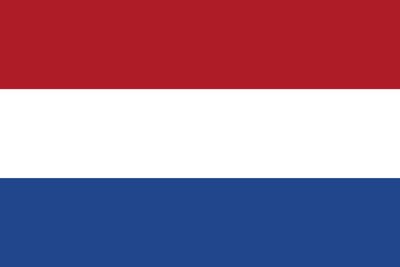 Nederlands
Nederlands
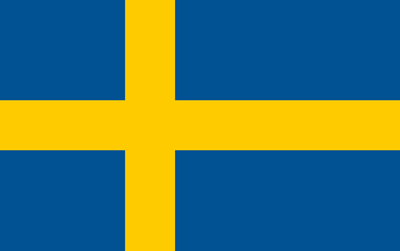 Svenska
Svenska
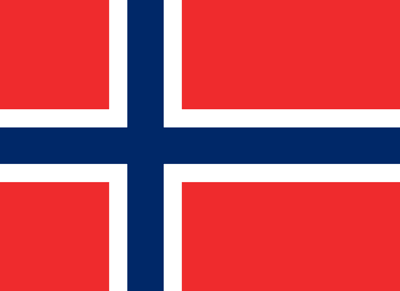 Norsk
Norsk
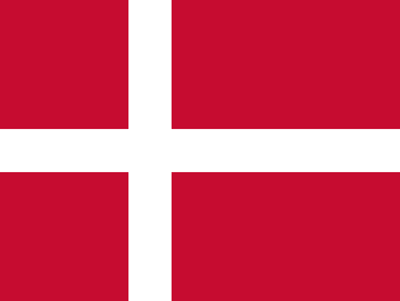 Dansk
Dansk
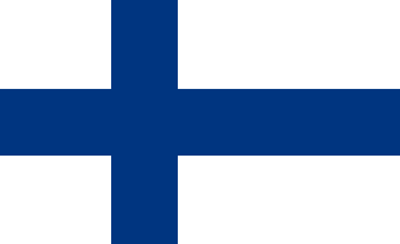 Suomi
Suomi
 Espanol
Espanol
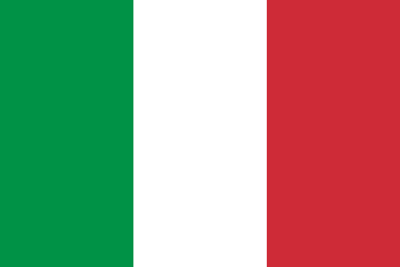 Italiano
Italiano
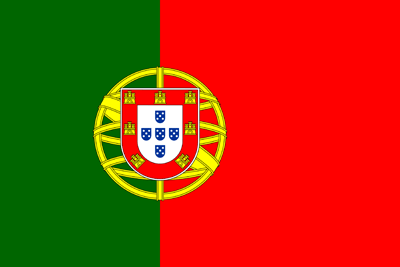 Portugues
Portugues
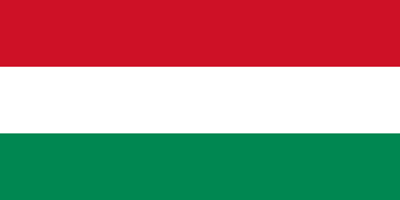 Magyar
Magyar
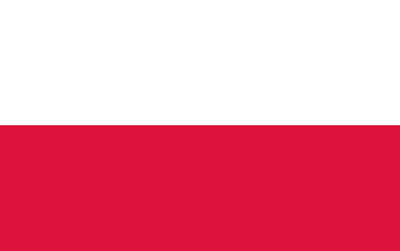 Polski
Polski
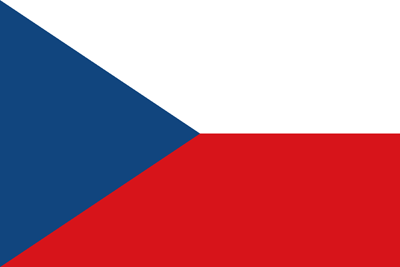 Cestina
Cestina
 Русский
Русский